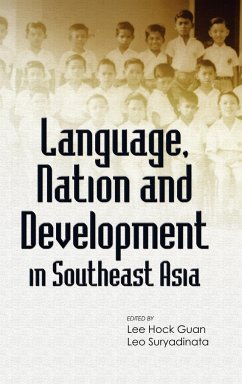Language policies in Southeast Asia have been shaped by the process of nation-building on the one hand and by political and economic considerations on the other. The early years of nation-building in Southeast Asia generated intensive language conflicts precisely because state policies privileged the idea of a monolingual nation and thus endeavoured to co-opt or even do away with troublesome ethnic identities. In recent years, language policies are increasingly influenced by pragmatic considerations, especially globalization and the awareness of a linkage between language and economic development, such that Southeast Asian states in varying degrees have become less insistent on promoting monolingual nationalism. This book evaluates the successes and drawbacks of language policies in Indonesia, Malaysia, Singapore, the Philippines, Thailand, Vietnam and Myanmar, especially the ways in which these policies have often been resisted or contested. It is an invaluable primer on this linguistically complex region and a resource for scholars, policy-makers, civil society activists and NGOs in various parts of the world facing equally challenging ethnic/language issues.
Hinweis: Dieser Artikel kann nur an eine deutsche Lieferadresse ausgeliefert werden.
Hinweis: Dieser Artikel kann nur an eine deutsche Lieferadresse ausgeliefert werden.








